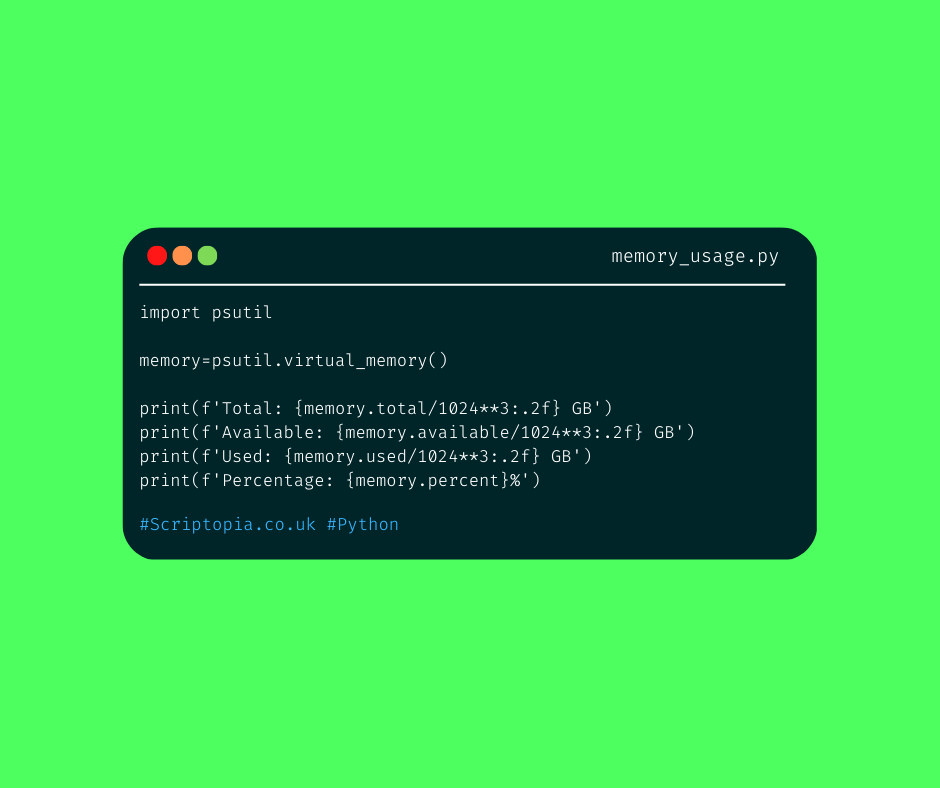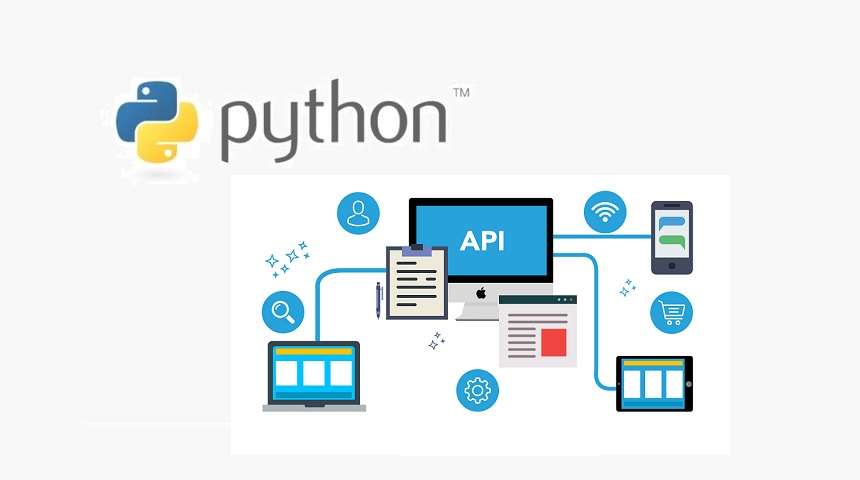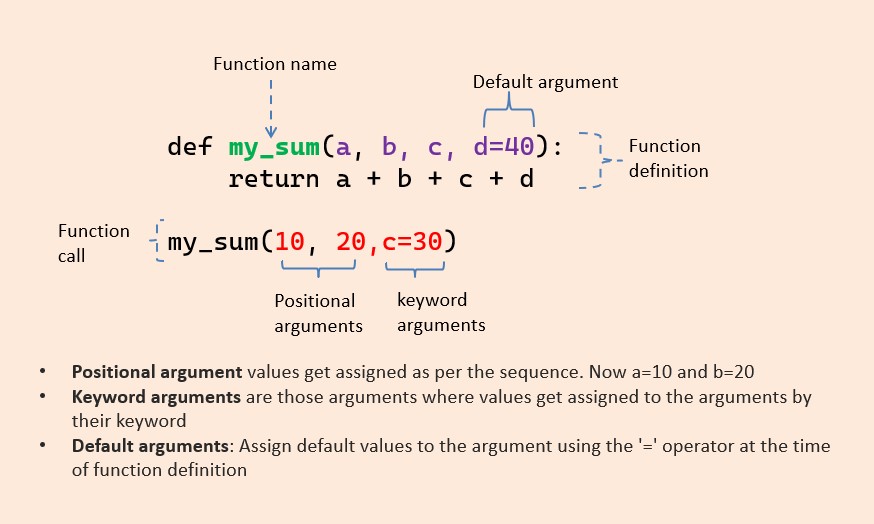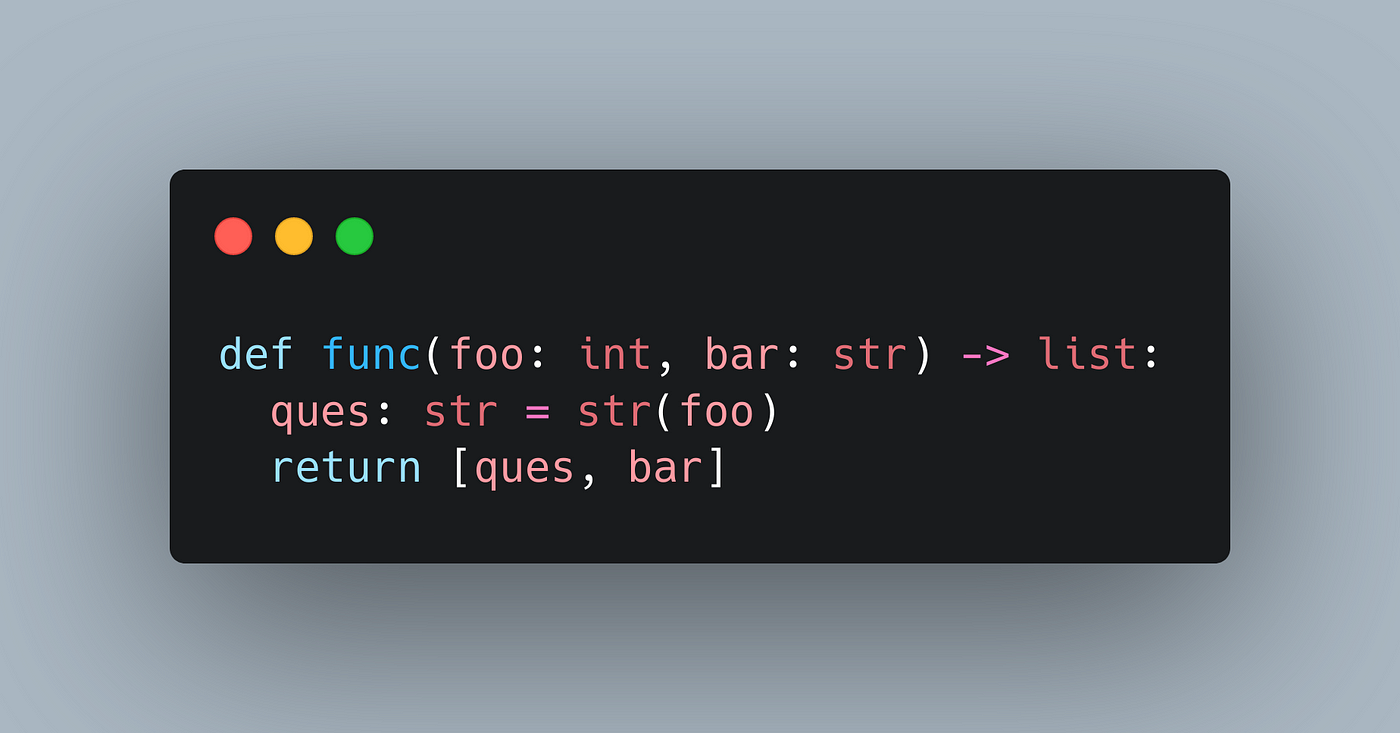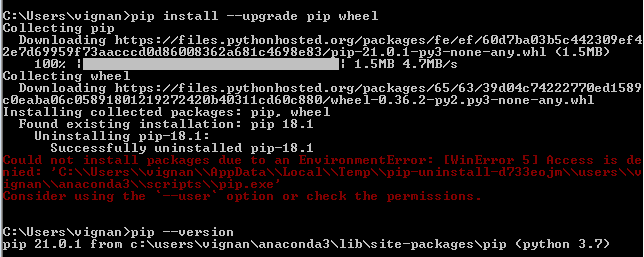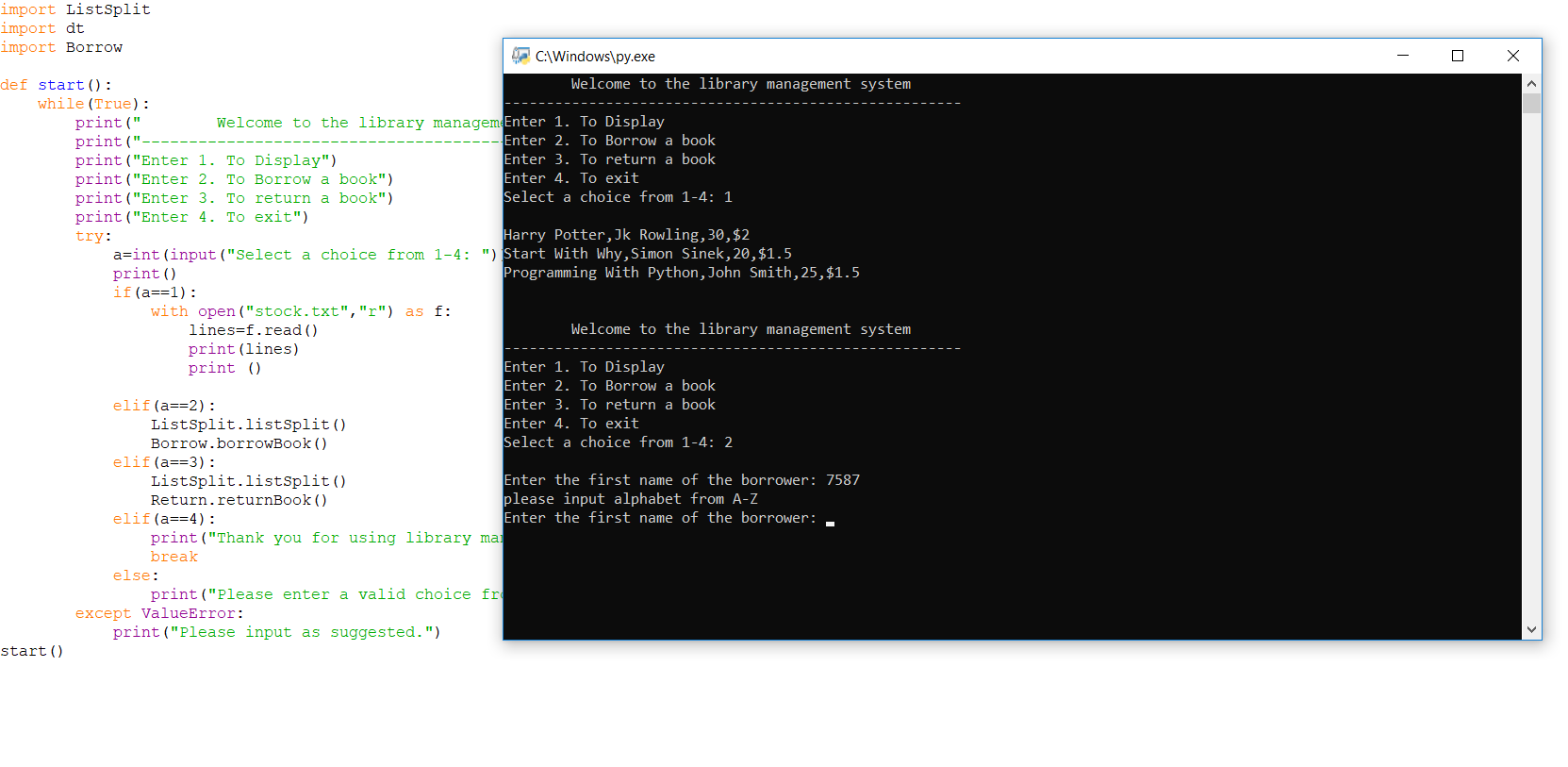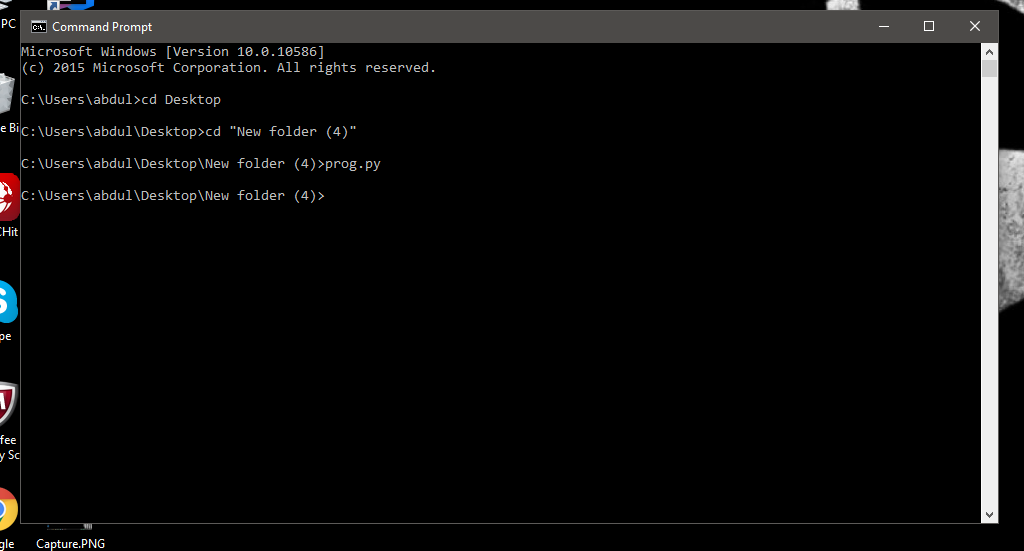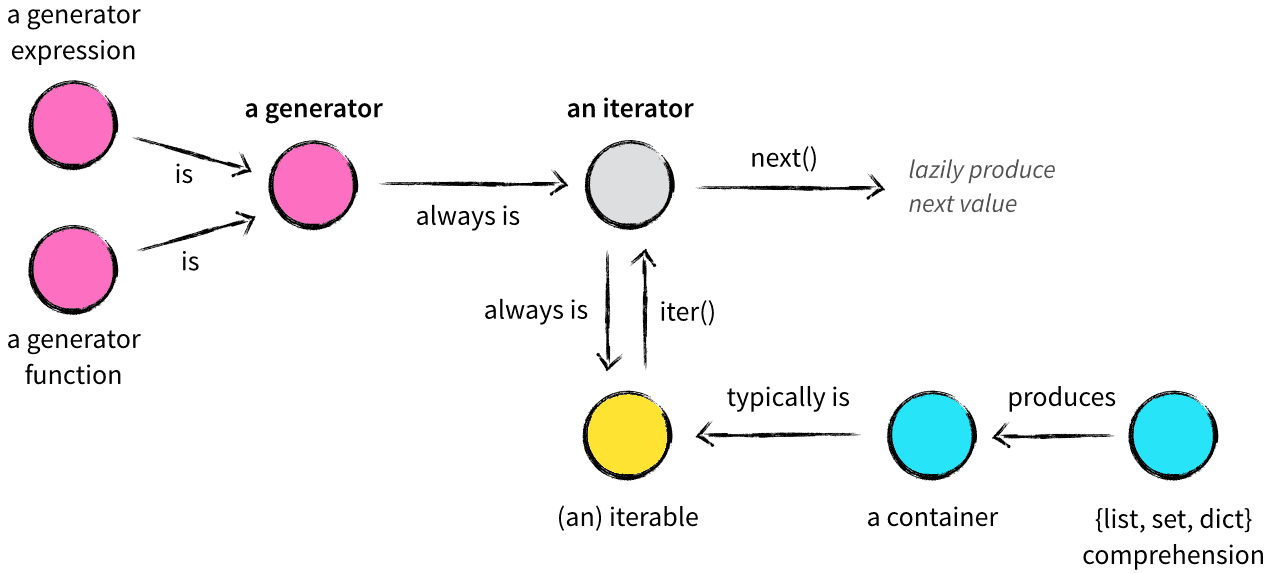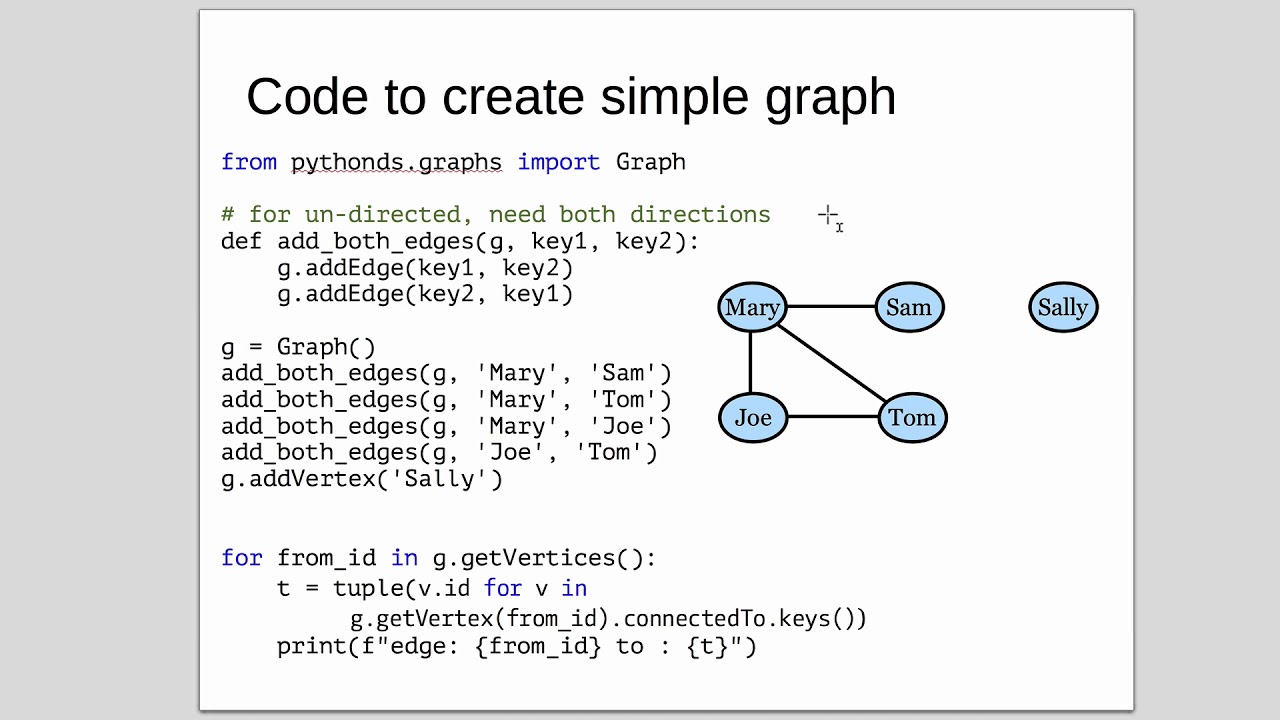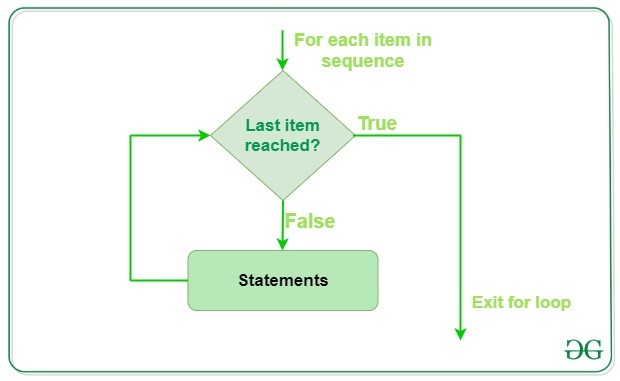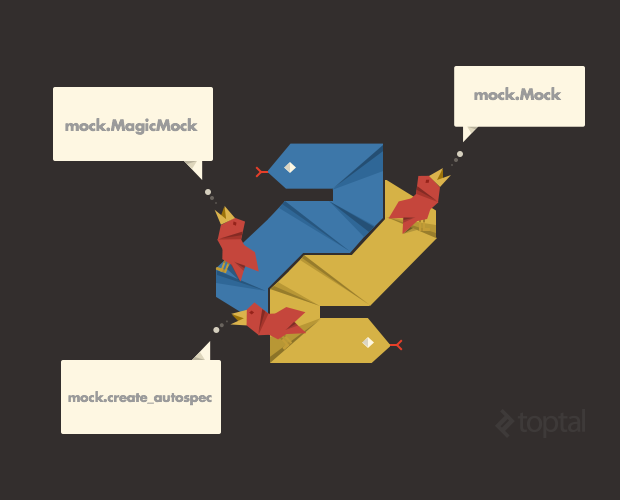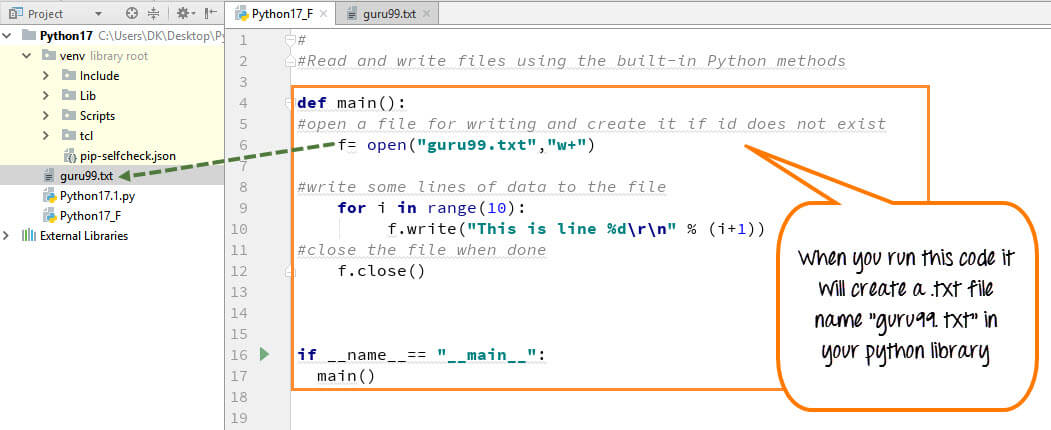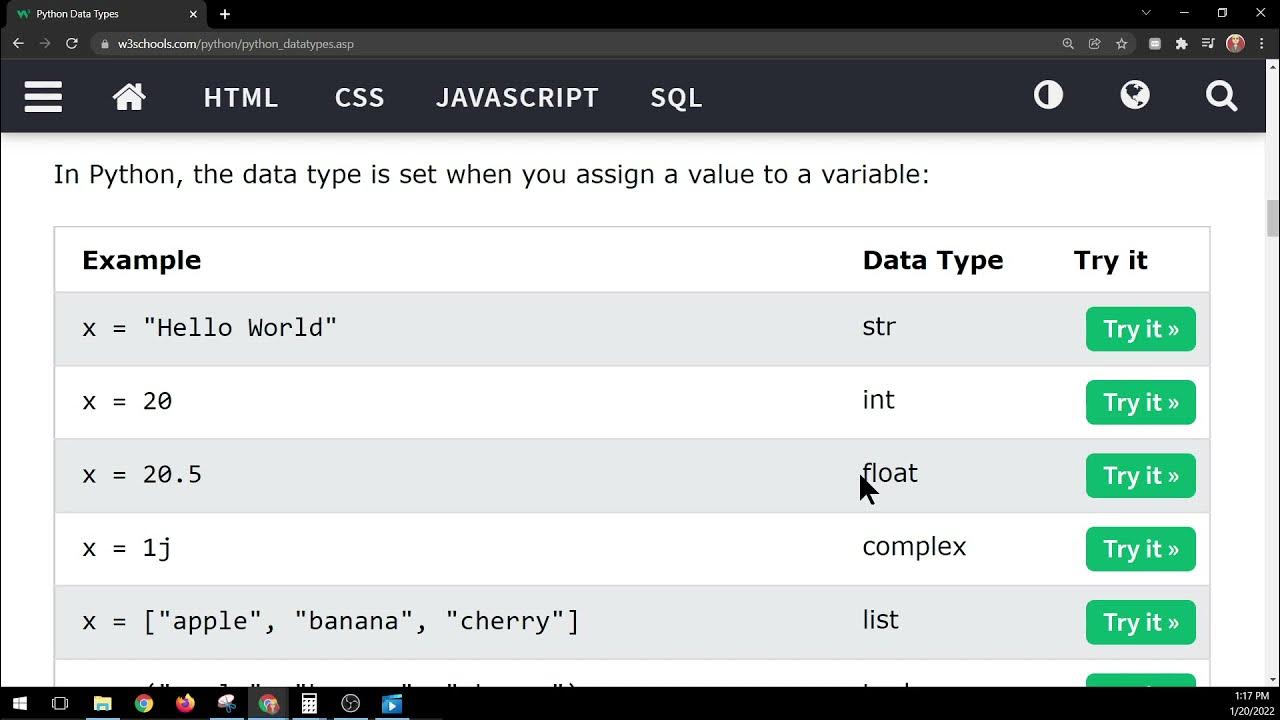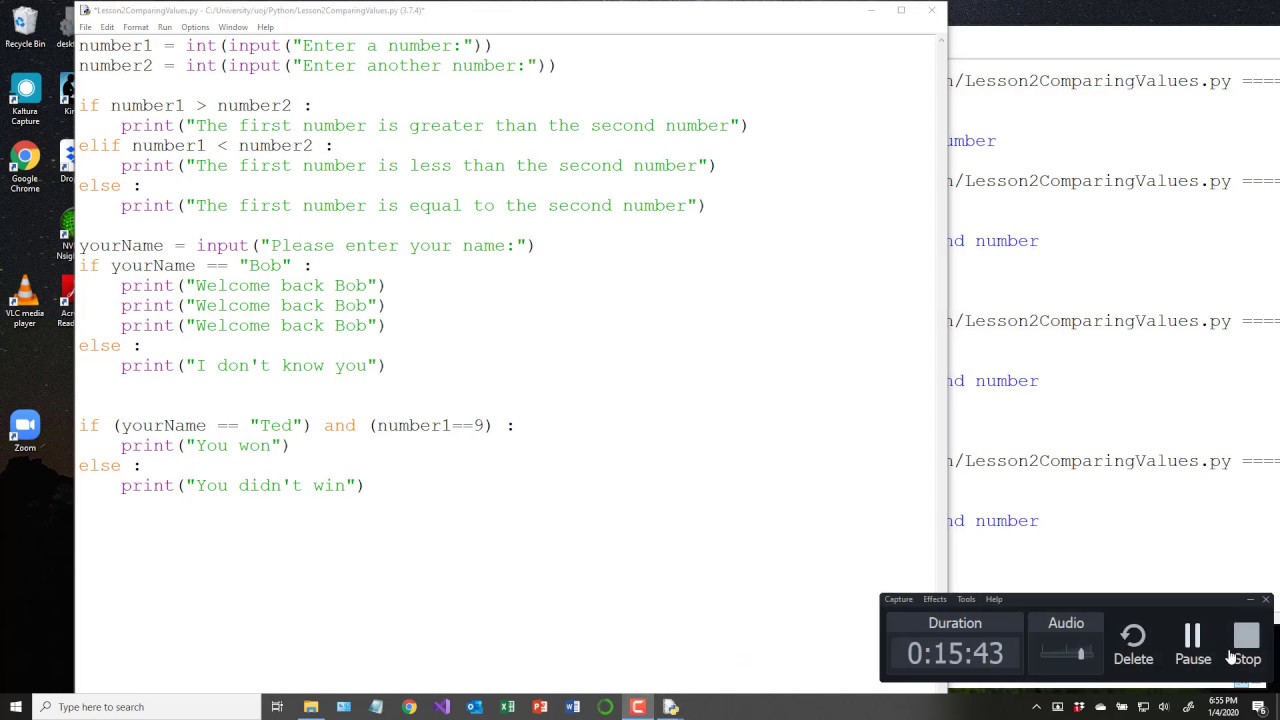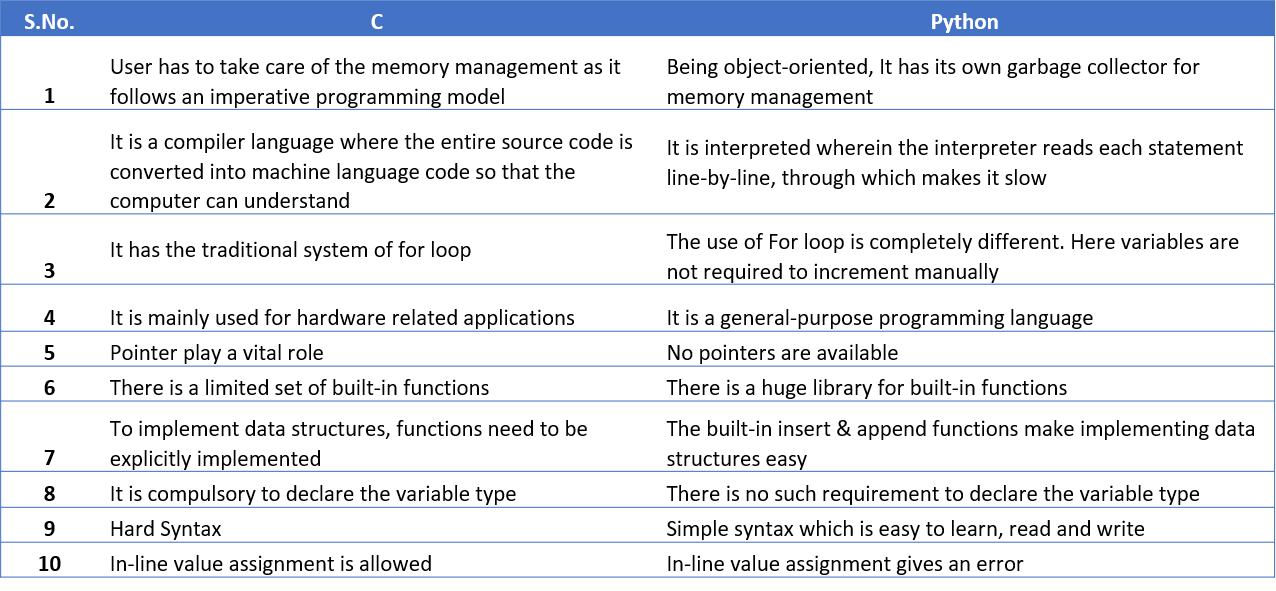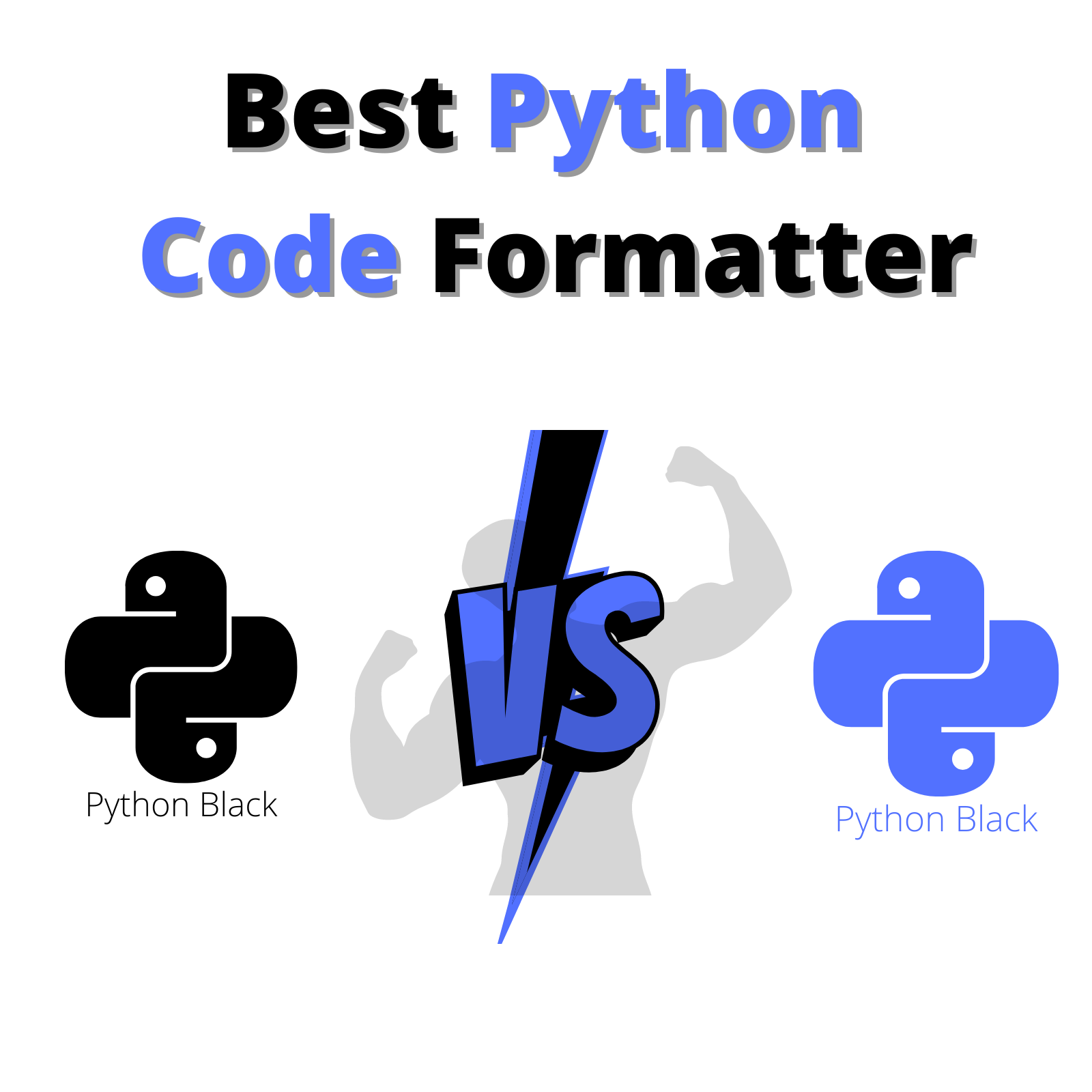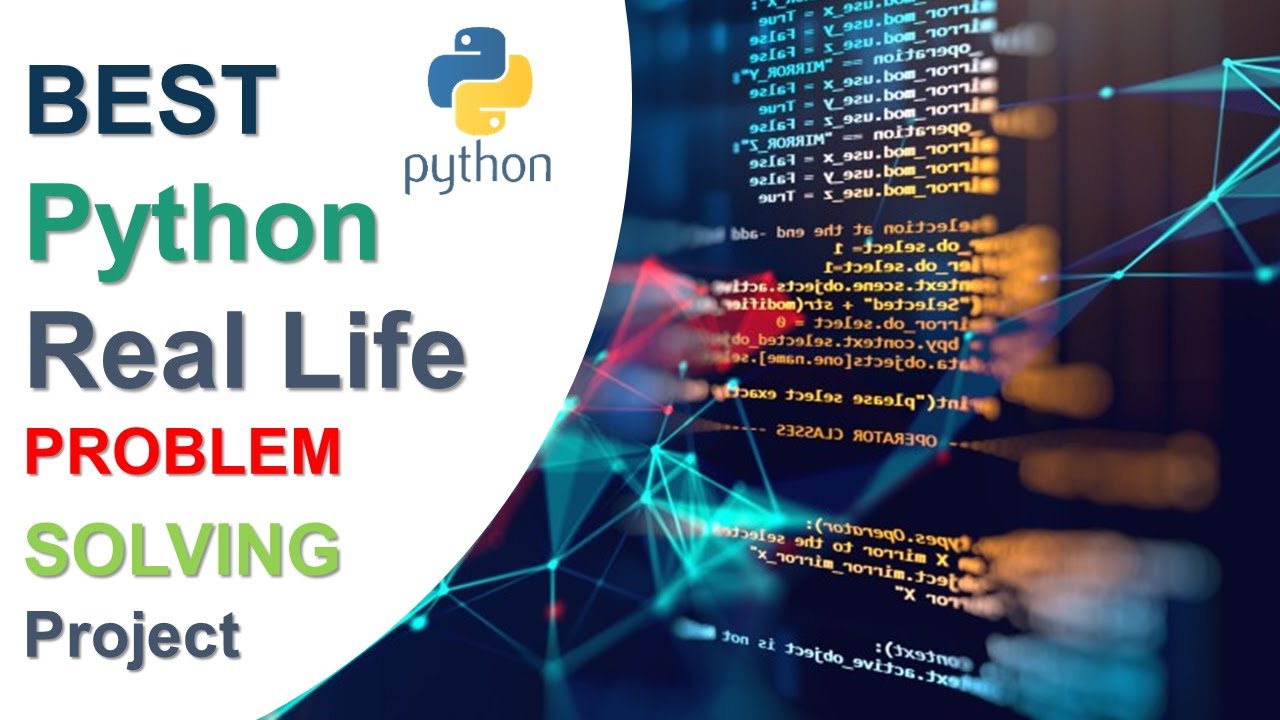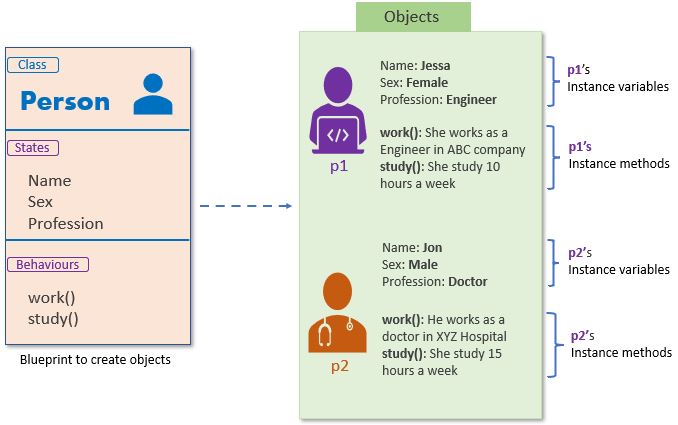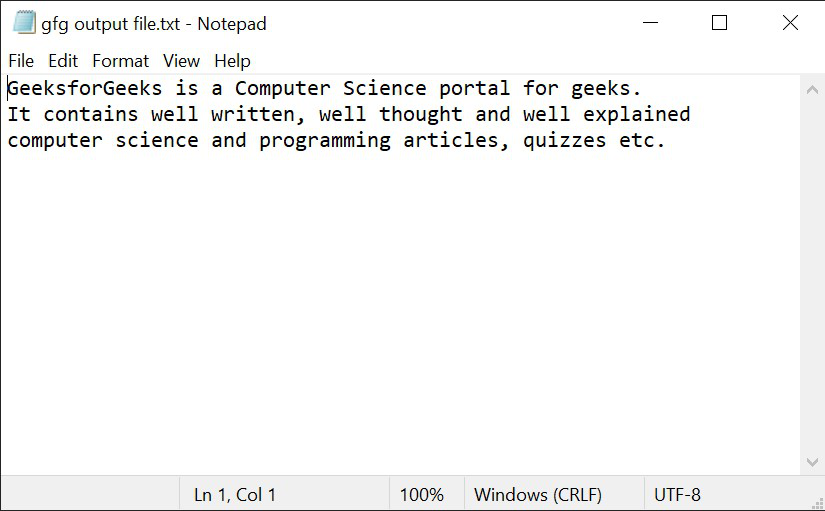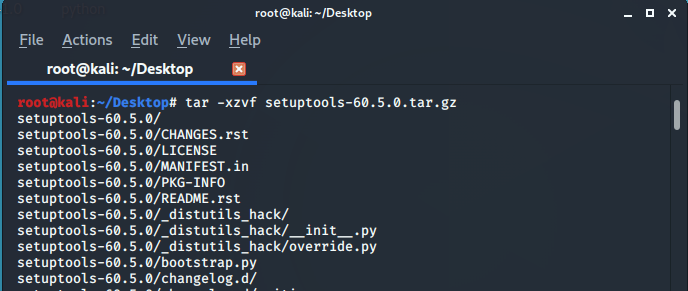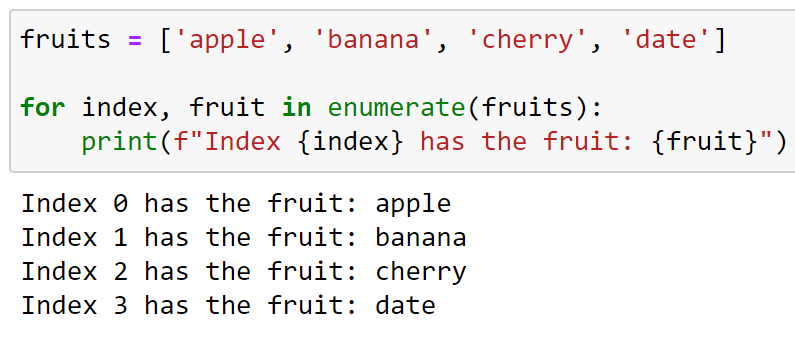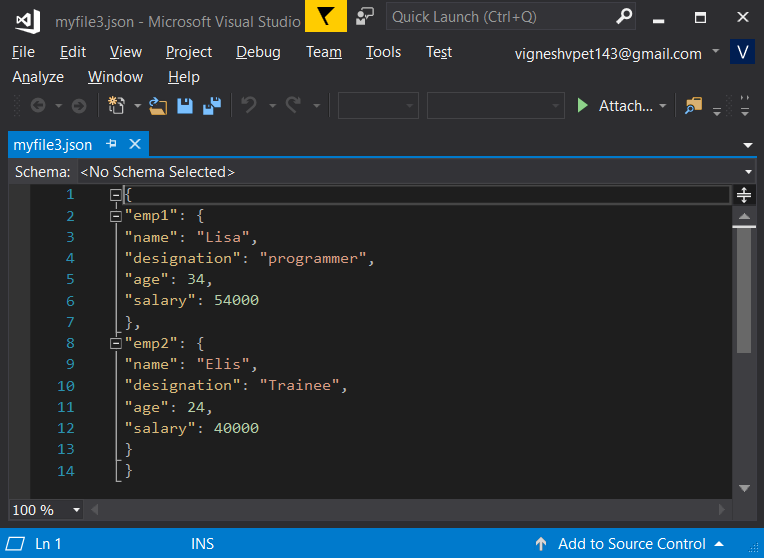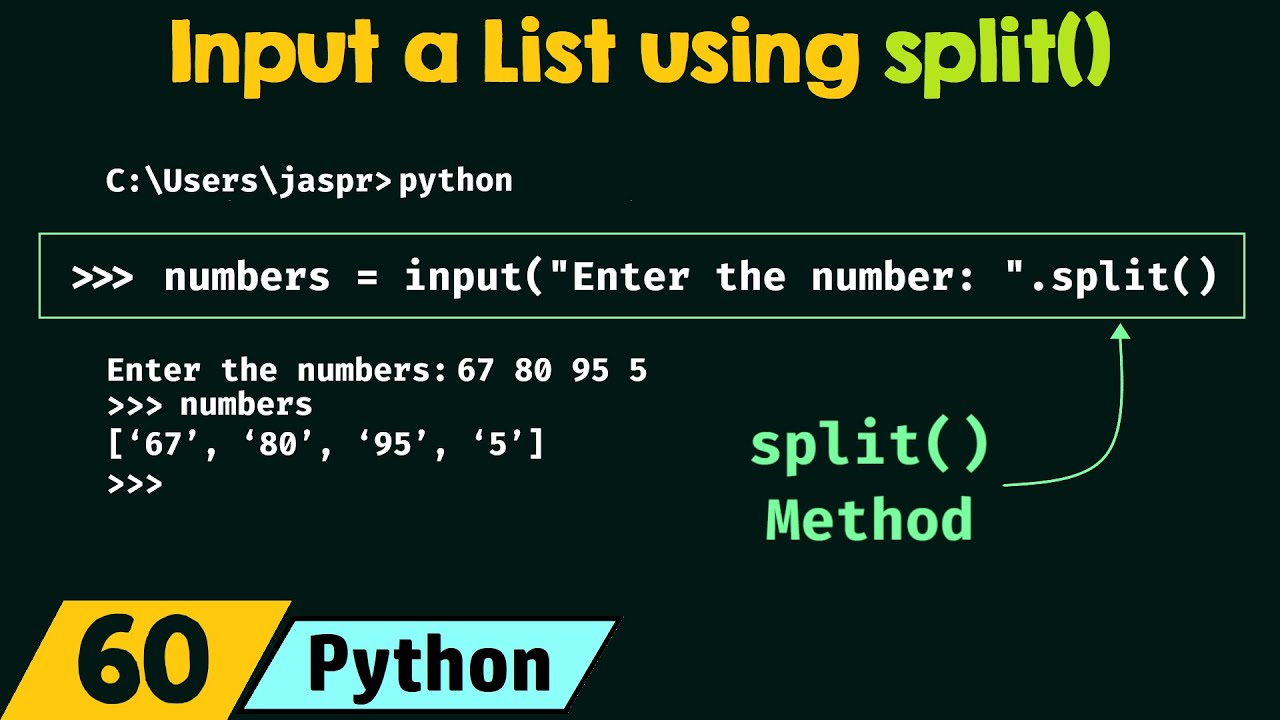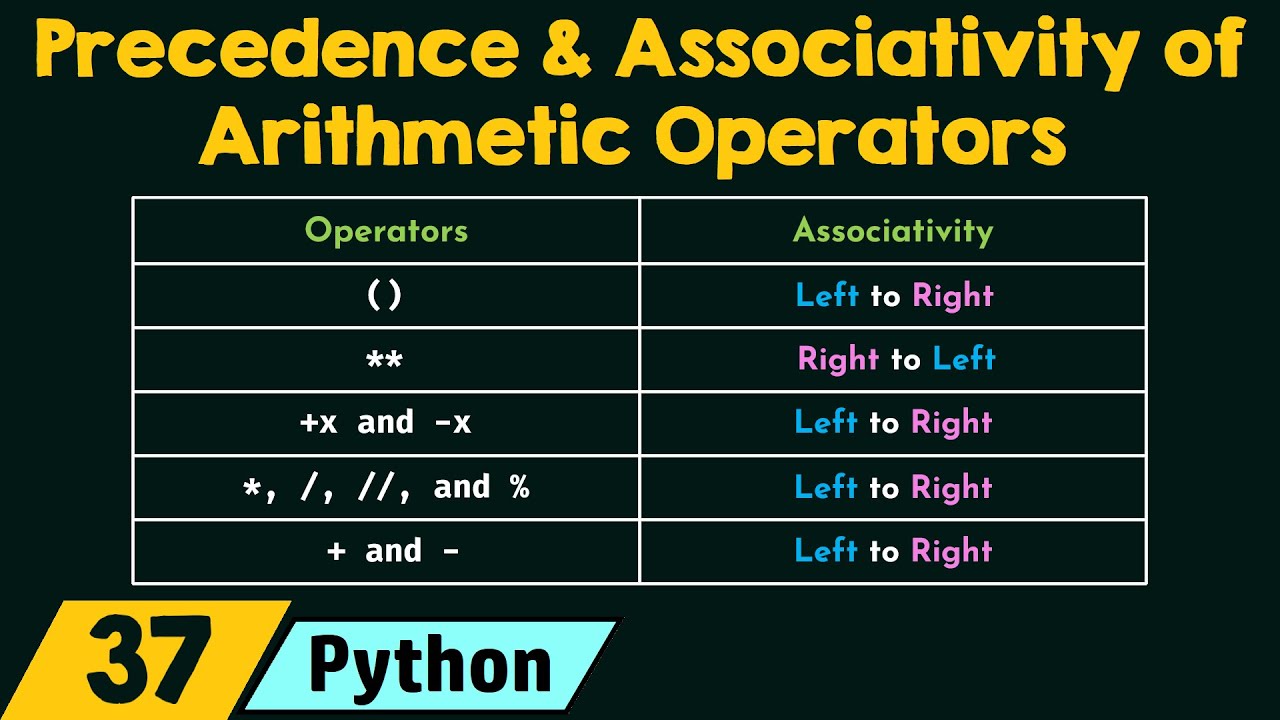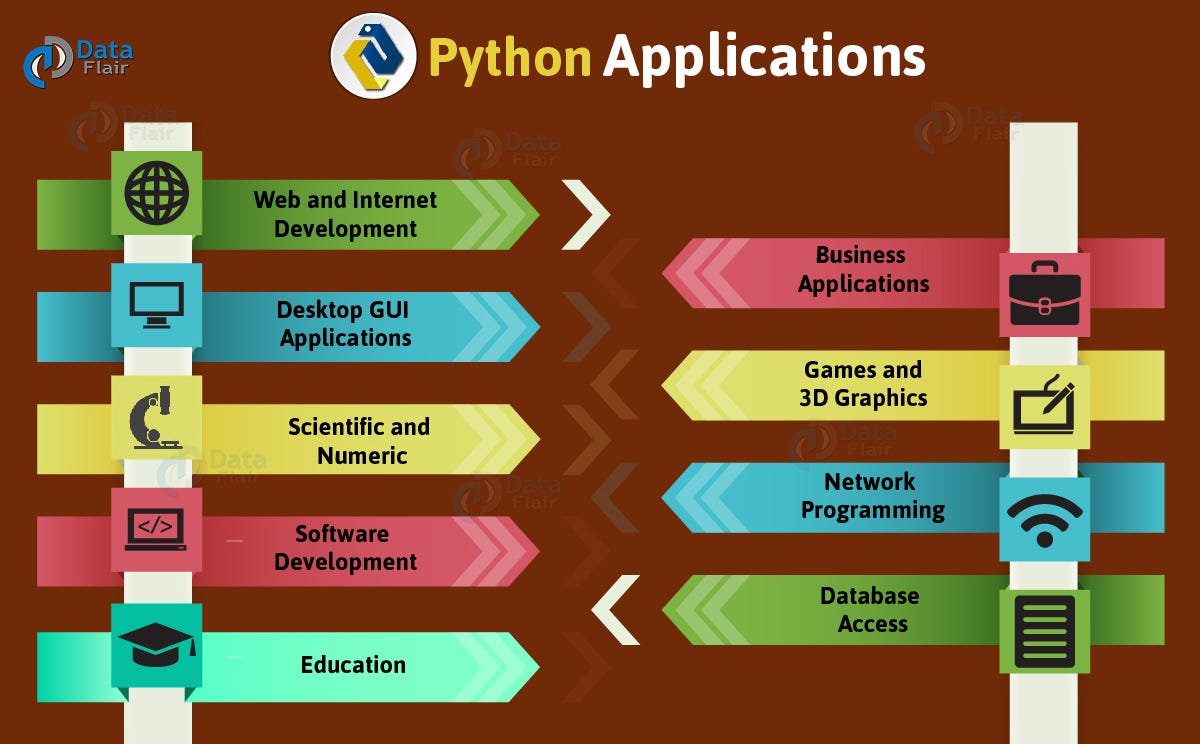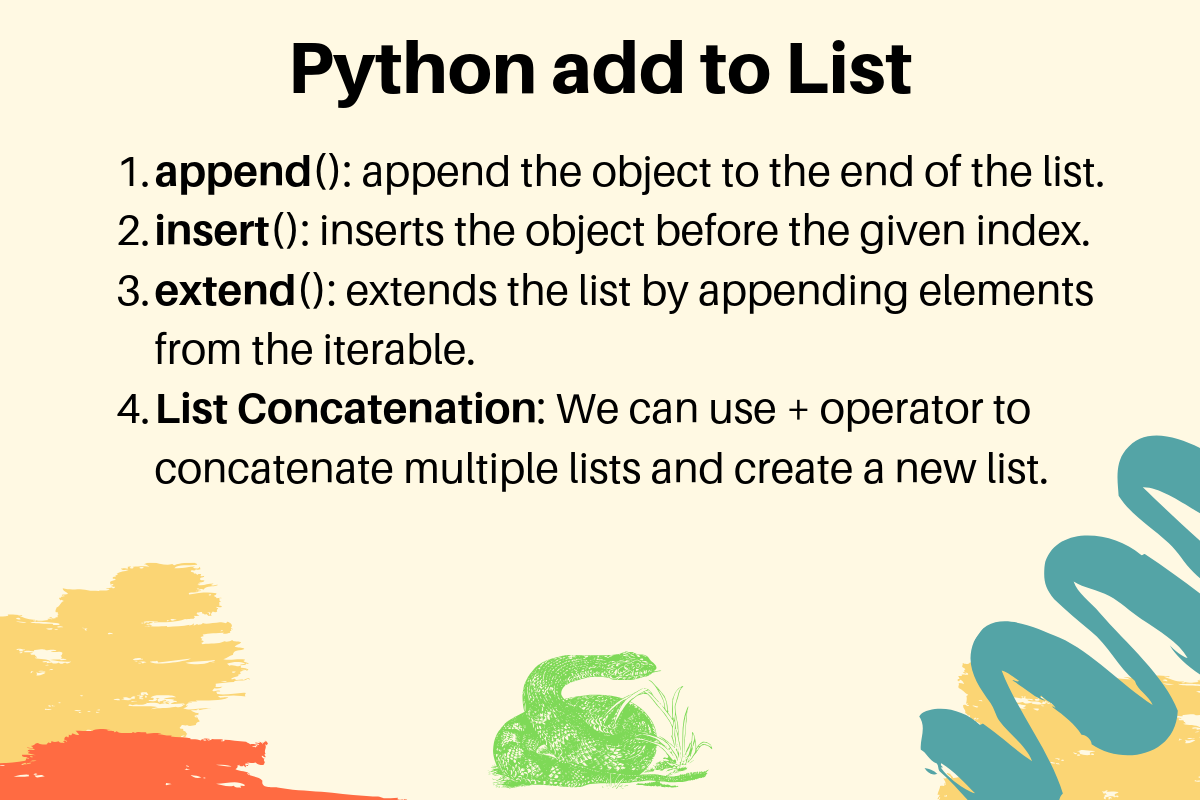Advantages of Python
Advantages of Python
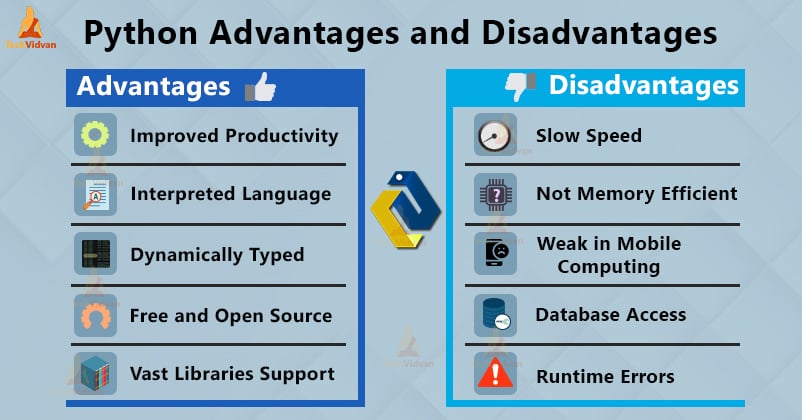
I'd be happy to provide the list of advantages of Python programming language!
Python has emerged as one of the most popular programming languages due to its numerous benefits and features that make it an ideal choice for both beginners and experienced developers. Some of the key advantages of Python include:
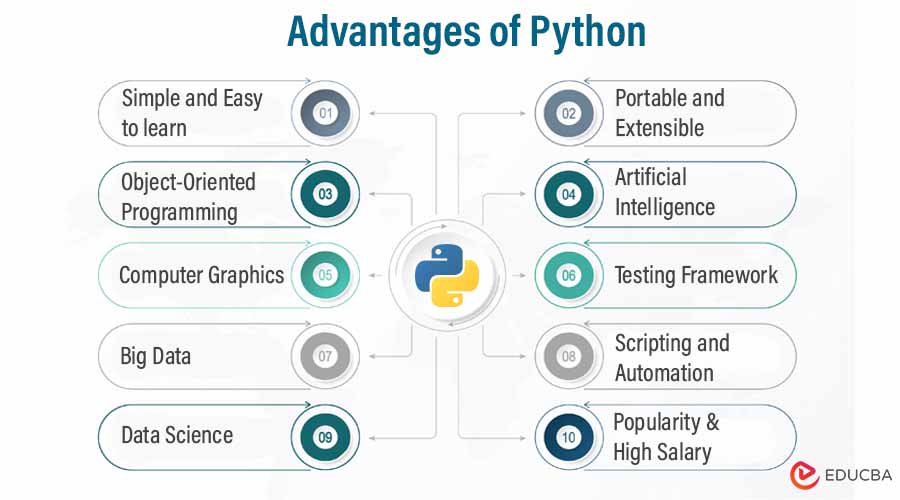
1. Easy to Learn: Python's syntax is simple and intuitive, making it a great language to start with, even if you have no prior programming experience. The code is written in a clear and natural way that is easy to read and understand.
2. High-Level Language: Unlike many other languages like C++ or Java, Python is a high-level language, which means you don't need to worry about low-level details such as memory management and pointers. This makes it more efficient and less prone to errors.
3. Cross-Platform: Python can run on multiple platforms including Windows, macOS, and Linux without the need for modifications or recompilation. This is because of its platform-independent nature, which ensures that the code runs consistently across all platforms.
4. Large Standard Library: Python has a vast collection of libraries and modules that you can use to perform various tasks such as data analysis, web development, and more. This means you don't need to re-invent the wheel or start from scratch when building your project.
5. Rapid Development: Python's syntax is designed for rapid development, allowing you to write code quickly and efficiently. This is because of its concise nature, which eliminates the need for lengthy codes.
6. Extensive Community: The Python community is massive and active, with numerous resources available such as documentation, tutorials, and forums. This means you can always find help when you need it or learn from others who have experienced similar challenges.
7. Data Analysis: Python has excellent libraries like NumPy, pandas, and scikit-learn that make data analysis a breeze. You can perform tasks such as data cleaning, visualization, and statistical modeling with ease.
8. Web Development: Python can be used for web development through frameworks like Django and Flask. This allows you to build scalable and efficient websites without needing to know complex programming concepts.
9. Automation: Python is excellent for automating repetitive tasks or processes. You can use it to automate data processing, file management, and other tasks that require automation.
10. Machine Learning: Python has become a popular choice for machine learning due to its ease of use and the availability of libraries like TensorFlow, Keras, and scikit-learn. This allows you to build intelligent systems that can learn from data without needing extensive knowledge in machine learning.
In conclusion, Python's unique combination of simplicity, flexibility, and power makes it an excellent choice for developers of all skill levels. Whether you're looking to perform data analysis, web development, or machine learning, Python has the tools and resources to help you achieve your goals.
What are Python basics?
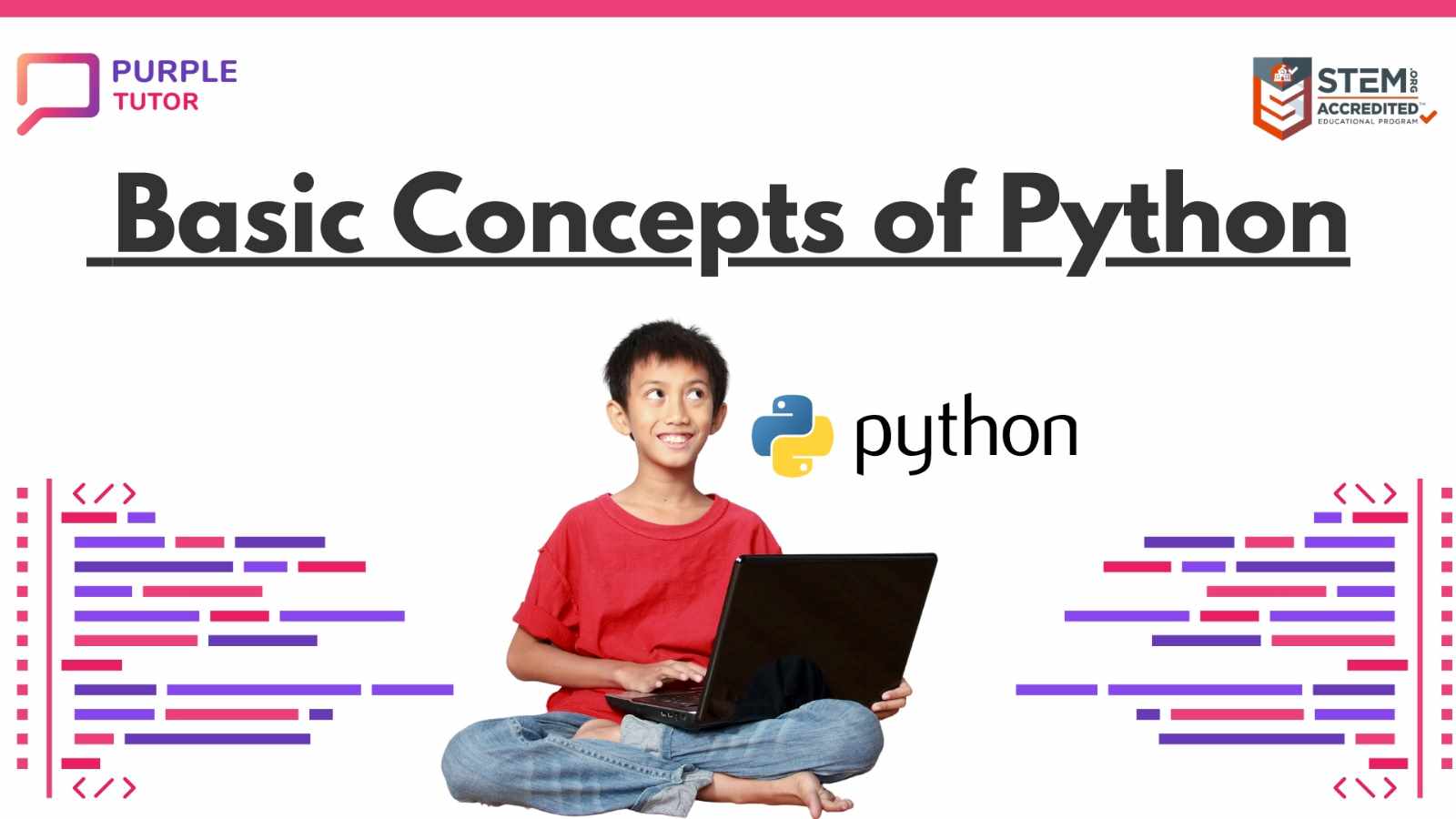
I'm happy to help! Here's an overview of the basic concepts and syntax of Python:
Variables and Data Types
In Python, you can assign a value to a variable using the = operator. For example: x = 5. The data type of a variable is determined by the assigned value, for instance, x becomes an integer.
Python has several built-in data types, including:
Integers (int): whole numbers without decimals (e.g., 1, -10) Floats (float): decimal numbers (e.g., 3.14, -0.5) Strings (str): sequences of characters, like words or sentences Boolean values (bool): either True or False Lists (list): ordered collections of items (e.g., [1, 2, 3]) Tuples (tuple): ordered, immutable collections of items (e.g., (1, 2, 3)) Dictionaries (dict): unordered collections of key-value pairs (e.g., {"name": "John", "age": 30})
Operators
Python has various operators for performing arithmetic, comparison, logical, and assignment operations. Some examples:
Arithmetic operators:+, -, *, /, %, ** (exponentiation) Comparison operators: ==, !=, <, <=, >, >= Logical operators: and, or, not Assignment operators: =, +=, -= , *= , /= , **=
Control Structures
Python has several control structures that allow you to execute specific code blocks based on conditions or iterations:
Conditional statements:if statement: executes code if a condition is true elif statement: executes code if the previous condition was false and this one is true else statement: executes code if all previous conditions were false Loops: for loop: executes code for each item in an iterable (e.g., list, tuple, dictionary) while loop: executes code as long as a condition is true
Functions and Modules
Python's functions allow you to reuse blocks of code by giving them names. You can also create your own modules, which are files containing Python code that can be imported into other scripts.
Defining a function:def my_function(x): followed by the code you want to execute Calling a function: my_function(5)
Error Handling
Python's error handling mechanisms help you deal with unexpected situations and exceptions:
try-except block: catches and handles exceptions (errors) raise statement: manually raises an exception
These are the fundamental concepts and syntax elements of Python. Mastering these will give you a solid foundation for learning more advanced topics, such as object-oriented programming, data structures, and web development.
